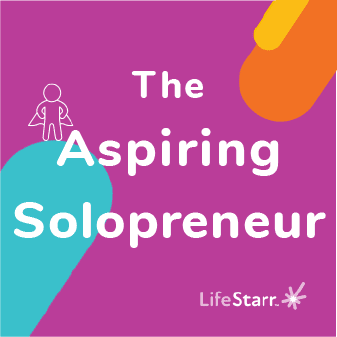A leader plays a crucial role in employee career development planning. Great leaders have the ability to balance Directional leadership (getting things done) with People Focus (inspiration, motivation, empowerment).
Here are several key aspects of that role:
At Braintrust, we harness the power of neuroscience to help leaders coach and lead with greater purpose, power, and impact, driving both growth and performance. Our goal is to enhance a leader’s ability to be intuitively, intentionally, and consistently good. Key priorities for leaders include improving employee engagement, performance, loyalty, and development.
Our NeuroCoaching 6 “P” roadmap equips leaders with a structured approach to deliver “The Right Information” in “The Right Way” and in “The Right Order.” To learn more about how Braintrust can help your leaders with Purpose Perspective, Plan/Path, Progress, Problems, and Performance, please visit Braintrust today
6 “P” roadmap equips leaders with a structured approach to deliver “The Right Information” in “The Right Way” and in “The Right Order.” To learn more about how Braintrust can help your leaders with Purpose Perspective, Plan/Path, Progress, Problems, and Performance, please visit Braintrust today
The post The Role Leaders Play in Employee Development Planning appeared first on Braintrust Growth.
I come from a large Italian family. I’m number seven in the line of ten kids!
When my dad passed away some years ago, I was fortunate enough to be there as the end was coming. I was standing just to the right of his hospital bed; he was lying there with his eyes closed. All of a sudden, Dad opens his eyes. He looks up at the ceiling with a look of peace – and maybe accomplishment – on his face. Then he closes his eyes for the last time. I guess out of instinct, I reached down and kissed him on that prickly cheek one last time. My dad left a legacy in that life well lived! A legacy based on three main principles: Family, Service, and Dedication. I do what I do to carry on that legacy to the best of my ability.
















































BabyBoomer.org is an online membership community created by and for the Baby Boomer Generation. Boomers, and those who service and support them, are welcome to join our community accessing all general topics.
Notifications
